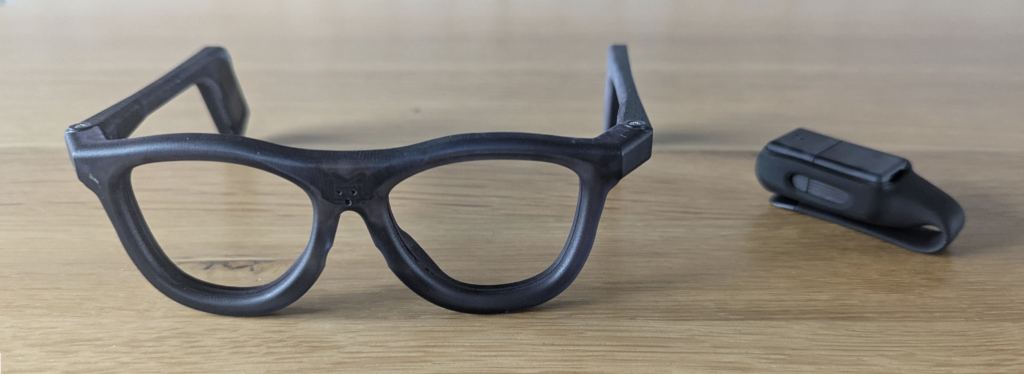
Download | App Privacy Policy | FAQ
ScreenTime
The Screentime Study aims to objectively measure children’s screen time using technical devices and artificial intelligence.
Motivation
The influence of screen media such as smartphones, tablet PCs, computers and televisions on children’s social and cultural development and also on their sleep behavior is still a controversial topic. Research into these effects is made more difficult by the fact that reliable information on the quantity of consumption is difficult to obtain, especially in children.
Goal of the clinical study
The aim of the Screentime study is therefore to use technical devices to record sensor data that allows conclusions to be drawn about the screen time of the test subjects. AI algorithms are used to evaluate this large amount of data and determine the objective duration of screen media use by the test subjects.


Task of Hahn-Schickard in the project
Hahn-Schickard’s task in the project is to develop children’s glasses of various sizes that are equipped with sensors and corresponding electronics and thus continuously record the color composition of the incident light in the test subjects’ field of vision, their head movements and the distance to the nearest object. In addition to the glasses, clip-on recording devices with the same functionality were developed to enable children who do not like wearing glasses to take part in the study.
The sensor data stored on the recording devices can then be downloaded from the recording devices using an Android/IOS app and transferred in encrypted form to a cloud server. From there, they can be downloaded for further processing and AI interpretation